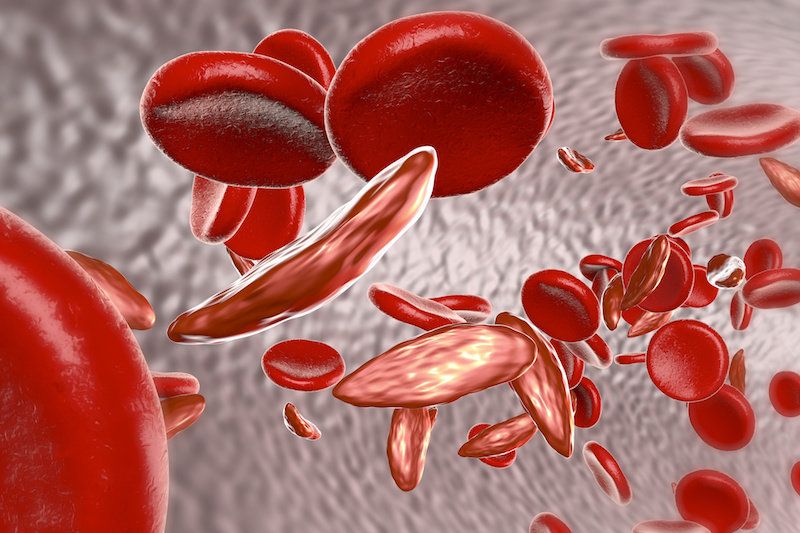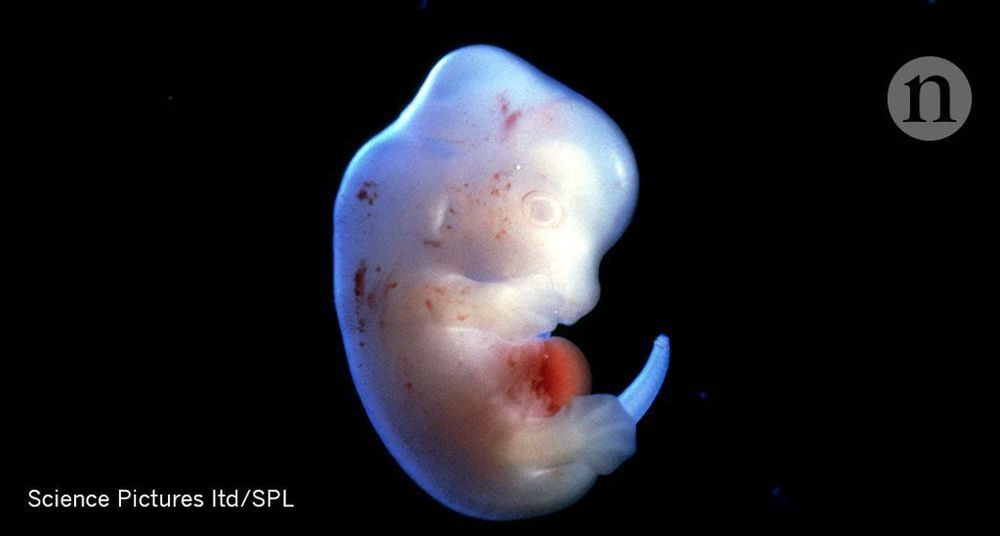Aug 2, 2019
Targeting a blood stem cell subset shows lasting, therapeutically relevant gene editing
Posted by Genevieve Klien in categories: bioengineering, biotech/medical, genetics
In a paper published in the July 31 issue of Science Translational Medicine, researchers at Fred Hutchinson Cancer Research Center used CRISPR-Cas9 to edit long-lived blood stem cells to reverse the clinical symptoms observed with several blood disorders, including sickle cell disease and beta-thalassemia.
It’s the first time that scientists have specifically edited the genetic makeup of a specialized subset of adult blood stem cells that are the source of all cells in the blood and immune system.
The proof-of-principle study suggests that efficient modification of targeted stem cells could reduce the costs of gene-editing treatments for blood disorders and other diseases while decreasing the risks of unwanted effects that can occur with a less discriminating approach.

















